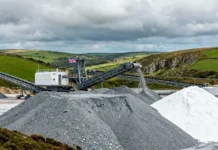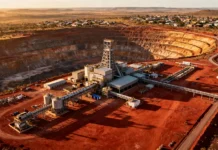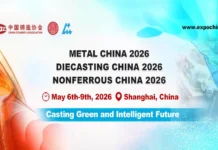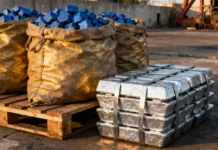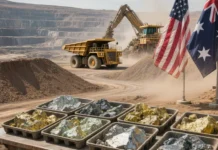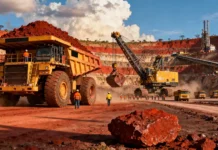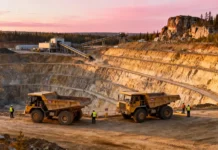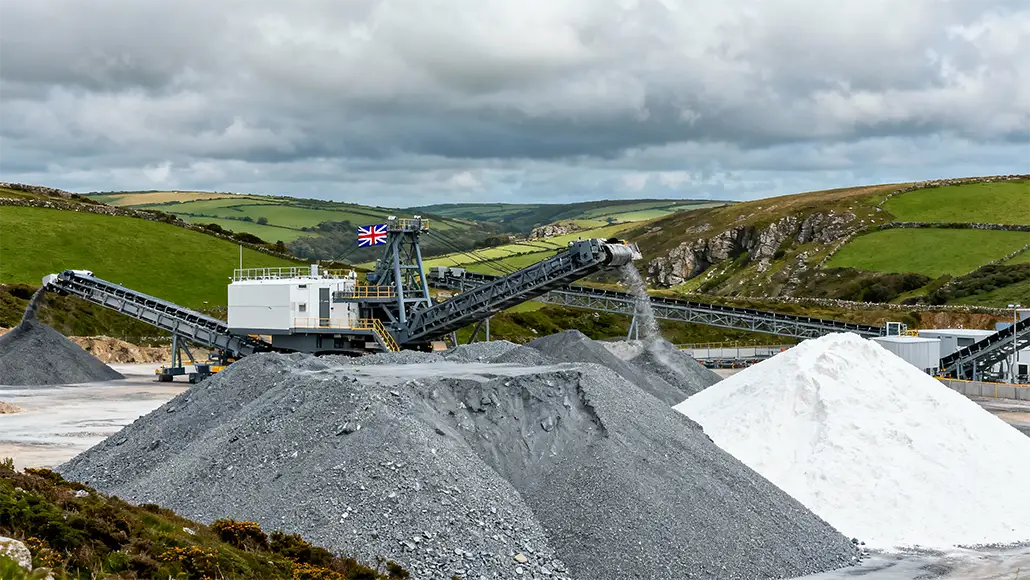Keir Starmer, the UK Prime Minister, has announced a critical minerals and rare earths strategy in order to build resilience against China, which has a massive hold on supplies of materials, including the likes of magnets that are critical to everything from car doors to fridges.
According to Starmer, it has indeed been far too long that Britain has been dependent on a few of the overseas suppliers, leaving its economy as well as national security exposed to certain international shocks.
Apparently, the critical minerals initiative tags itself with a £50m fund to boost production of the tungsten as well as lithium mines that are based in Cornwall. It is well to be noted that the largest deposits of lithium in the UK are in Cornwall, and the EU has singled out the UK’s tungsten mine so as to get the potential financial support this summer.
The critical minerals and rare earths strategy goes on to follow a six-week standoff, which took place between China and the EU over the supply of chips that are used in the car industry, thereby underscoring how Beijing is indeed willing to make use of trade in critical materials for its political purposes.
Notably, the UK and the US are now battling so as to decrease their dependence on China; however, the production of rare earths and critical minerals can even take years as well as hundreds of millions of pounds when it comes to investment.
The fact is that the lithium supplies do exist all across Europe; however, the raw material has to be refined into lithium hydroxide, which is a crystal-like ingredient that is used to create the charge in car batteries.
The only lithium hydroxide refinery in Europe, in Germany, has already taken round about five years to get built with an investment of £150m, hence showcasing the scale of the funding that’s needed.
Very recently, the industry commissioner of the EU, Stéphane Séjourné, went on to concede that the bloc was indeed far behind the US, which, according to him, is a business department that goes on to buy stocks of critical materials before anyone else. He added that the US often buys them from under their noses.
As a matter of fact, earlier in 2025, Britain went on to strike a minerals cooperation deal along with Saudi Arabia that was aimed at bolstering the supply chains, opening opportunities for British firms, and, at the same time, drawing fresh investment within the UK. The rare-earth minerals are indeed necessary for smartphones as well as electric vehicles and, in fact, are growingly crucial for building datacenters, which go on to power artificial intelligence.
The critical minerals and rare earths strategy of the UK looks to make sure that not more than 60% of any one critical mineral is coming from a single partner country by 2035, as per a statement.
As per Starmer, critical minerals are indeed the backbone of modern life as well as national security, and he also argued that boosting the domestic production and also recycling them would very much help shield the economy and at the same time support efforts in order to lower the living costs.
According to the government, the UK at present produces 6% of its critical mineral requirements domestically. As per the plan, it wants to broaden this domestic extraction as well as processing, with an exclusive focus on lithium, tungsten nickel, and also rare earths. It looks forward to producing a minimum of 50,000 tonnes of lithium in the UK by 2035.




